Is Trump the Peace President? A Look at Global Conflicts and US Foreign Policy
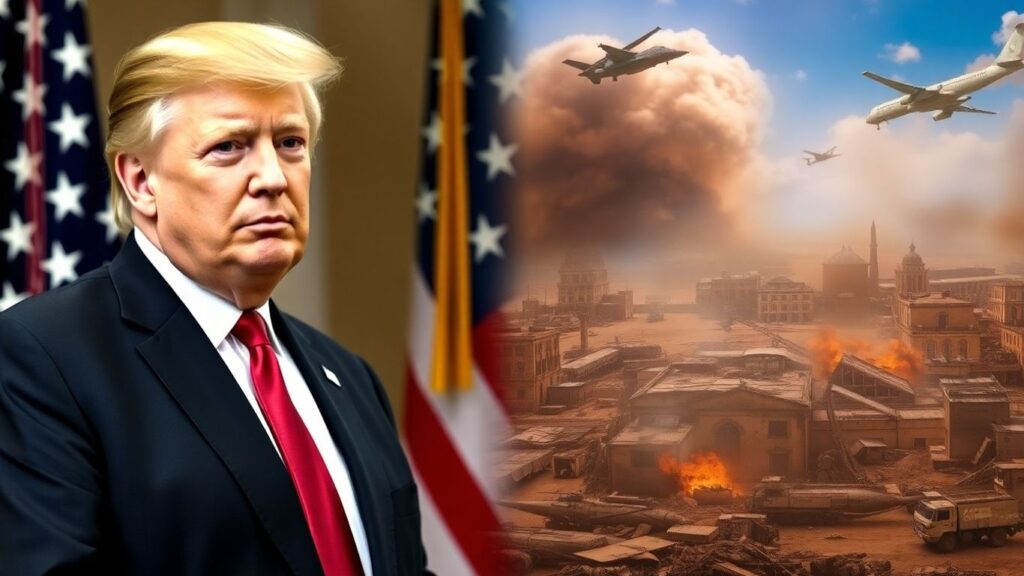
The question of whether Donald Trump can bring peace to the Ukraine war is a complex one, with opinions shifting by the hour. Colonel Douglas Macgregor suggests that Trump, despite a potential desire for peace, faces significant obstacles. His advisors and donors reportedly push for Russia’s complete surrender, making a negotiated settlement difficult. This situation echoes the Cuban Missile Crisis, where cooler heads prevailed over aggressive military advice, highlighting the ever-present danger of nuclear escalation.
Underestimating Russian Military Power
Colonel Macgregor points out a persistent problem in the West: a consistent underestimation of Russian military capabilities. For years, Western leaders have ignored Russia’s concerns about NATO expansion, leading to the current conflict. While Trump might privately wish for an end to the war, he seems unwilling to take the necessary steps, such as acknowledging the strategic error of arming Ukraine for a major war. His reluctance is attributed to donor influence, leading him to consider disengaging rather than actively seeking a resolution.
Key Takeaways
- The West has consistently underestimated Russian military power and ignored its security concerns.
- Donald Trump faces pressure from donors who favor Russia’s humiliation over a peace deal.
- European leadership in London, Paris, and Berlin is seen as irresponsible and escalating the conflict.
- President Putin is portrayed as the more rational actor, trying to avoid a wider war with NATO.
- Trump’s focus might shift to the Middle East and Venezuela, potentially ignoring Eastern Europe.
The Role of European Leadership
The current leadership in London, Paris, and Berlin is described as irresponsible, playing a dangerous game by pushing against Russia. It’s suggested that only President Putin’s desire to avoid war with NATO and the US prevents the situation from worsening. The article questions the capability of European armies, suggesting they rely heavily on the US guarantee for NATO’s effectiveness. The sentiment is that European leaders are not acting like "adults" in the room, making the situation precarious.
Trump’s Political Strategy and Accountability
Colonel Macgregor believes Trump is acting more like a politician than he lets on, wanting popularity without taking full responsibility. He argues that Trump, as the de facto leader of NATO, should confront European allies who insist on continuing the war. Instead of maintaining a large US troop presence in Europe, Trump should consider bringing them home. The lack of understanding of the war’s origins is seen as a barrier to finding a sensible solution. Russia, it’s argued, desires a new security arrangement for Europe, something that should have been addressed years ago.
Money, Power, and Foreign Policy
The influence of money and power is presented as the driving force behind current foreign policy decisions. Billionaires, or "oligarchs," are seen as governing the US, with a transactional approach to diplomacy. This influence extends to pushing for conflicts in the Middle East and Ukraine, driven by a desire to subjugate regions and destroy Russia. The same interests are seen at play in Venezuela. Trump’s position is complicated because he owes his rise to these very individuals, making him not a free agent.
The Israeli-Palestinian Conflict and US Policy
The discussion shifts to the Middle East, specifically the Israeli-Palestinian conflict. The article expresses skepticism about the possibility of peace, suggesting that either Palestine or Israel will cease to exist in its current form. The Israeli government’s desire for expansion at the expense of Palestinians is highlighted, driven by demographic and strategic concerns. The US is viewed as a subordinate partner to "greater Israel," expected to provide unwavering support. The influence of pro-Israel lobbying is seen as corrupting US and British systems, with financial rewards for those who advocate for Israel’s interests.
The Dangers of Unchecked Ambition
Colonel Macgregor warns that the pursuit of these policies, driven by financial incentives and a desire for perpetual conflict, is strategically disastrous. He notes the presence of "sycophantic generals" who tell Trump what he wants to hear, regardless of the military consequences. The situation is described as being closer to a military catastrophe than it has been in decades. The potential for a conflict in Venezuela to become a quagmire, rallying anti-American sentiment across Latin America, is also raised. The core problem identified is the lack of clear objectives and exit strategies in military interventions, reminiscent of the Vietnam War.
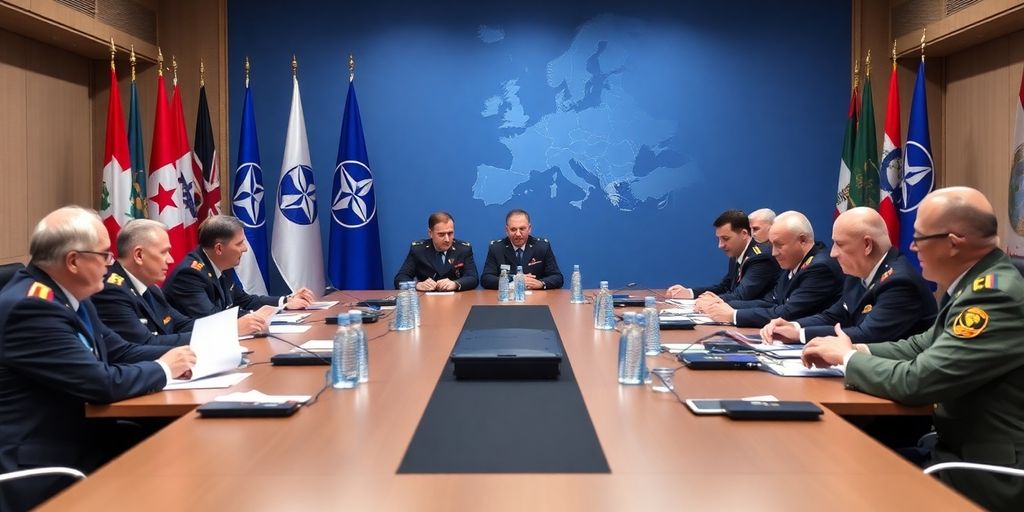

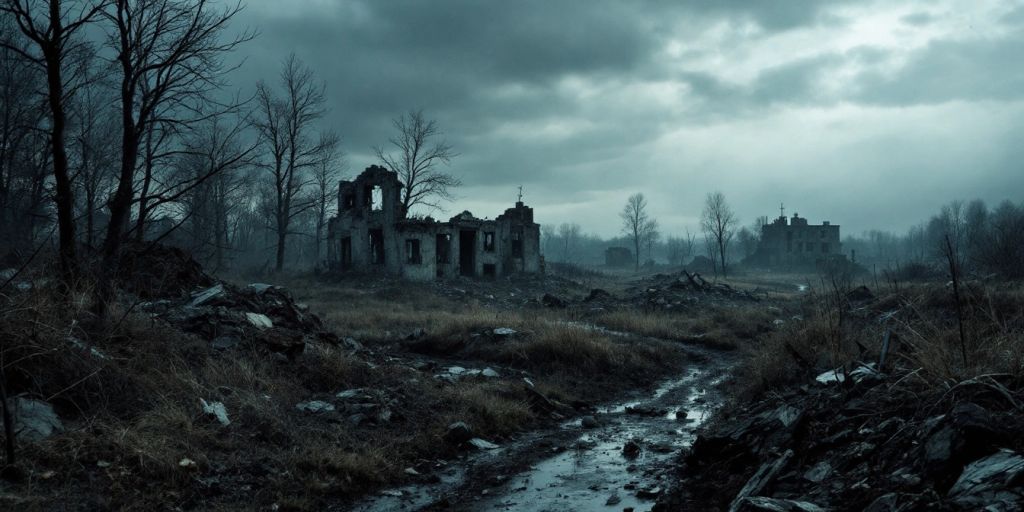
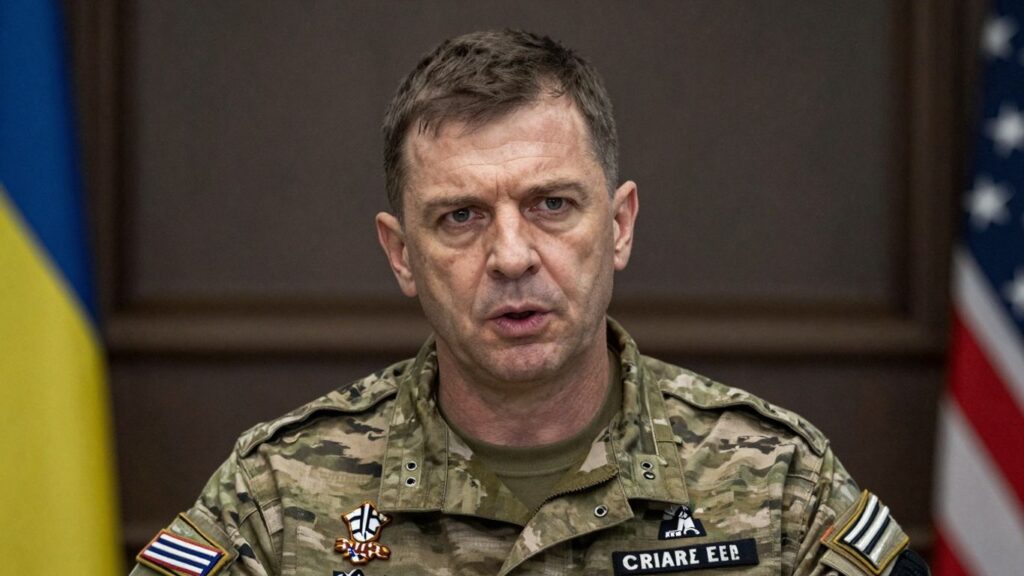
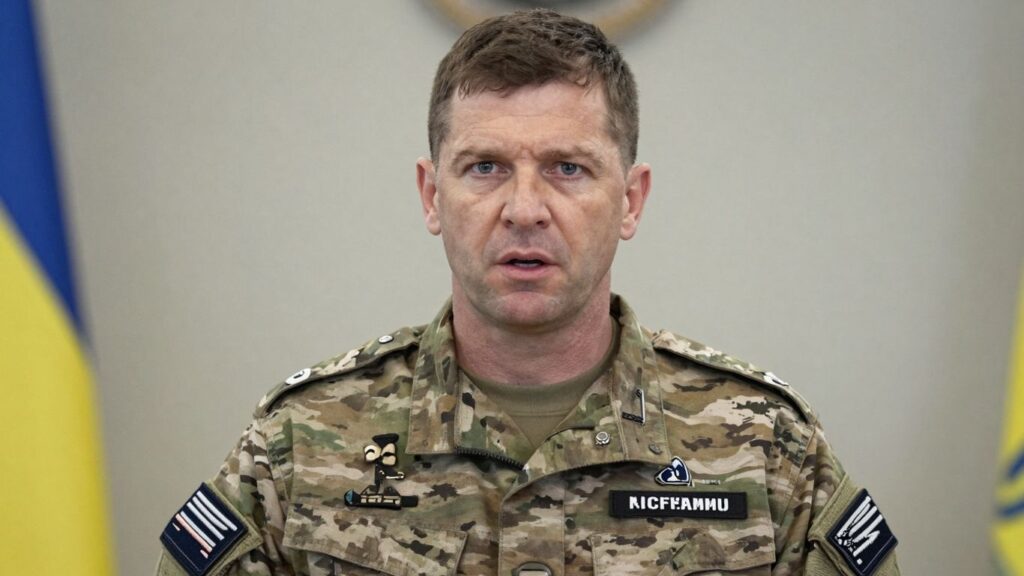

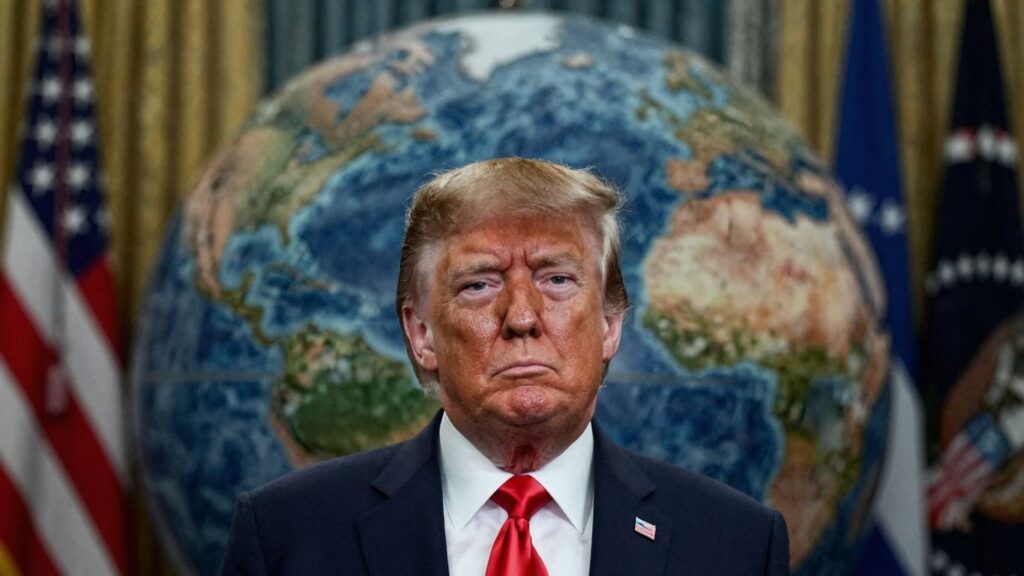

Responses